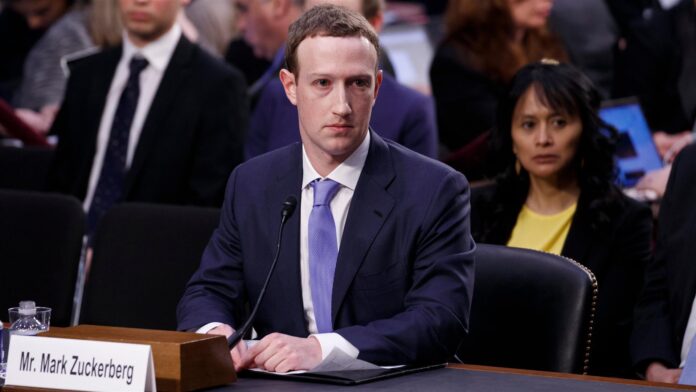Mark Zuckerberg is set to appear in court this week as the central figure in an $8 billion trial in Delaware, where shareholders accuse the Meta CEO and other company leaders of allowing Facebook to operate in violation of a 2012 data privacy agreement with the Federal Trade Commission.
The case stems from the 2018 revelation that millions of Facebook users’ data was accessed without consent by Cambridge Analytica, a political consulting firm that worked on Donald Trump’s 2016 campaign. Shareholders claim Zuckerberg and others ignored the FTC agreement and failed in their duty to protect user data, causing Meta to pay billions in fines and related costs.
The non-jury trial, expected to last eight days, will focus on decisions made at Facebook between 2012 and 2019. The plaintiffs, which include individual investors and pension funds such as California’s State Teachers’ Retirement System, seek to hold company directors personally responsible for those costs, including a $5 billion FTC fine in 2019.
The lawsuit names several current and former Meta leaders, including Sheryl Sandberg, Marc Andreessen, Peter Thiel, and Reed Hastings. Meta is not a defendant in the case. The defendants have denied the allegations, describing them in court as exaggerated and unsupported.
Shareholders argue that Zuckerberg led Facebook in continuing deceptive practices even after the 2012 FTC agreement. They also allege that just before the Cambridge Analytica scandal broke publicly, Zuckerberg sold Meta stock and gained at least $1 billion, a move they claim was motivated by insider knowledge. The defense argues the stock sale was made under a pre-set trading plan and was intended to support charitable work.
The case is being heard in the Delaware Court of Chancery by Judge Kathaleen McCormick. It is believed to be the first trial of its kind focused on holding corporate directors liable for failing to oversee company conduct that led to legal violations.
While the trial centers on events from a decade ago, it comes at a time when Meta continues to face scrutiny over privacy, including how it handles user data in training artificial intelligence models. The company says it has spent billions on privacy programs since 2019.




